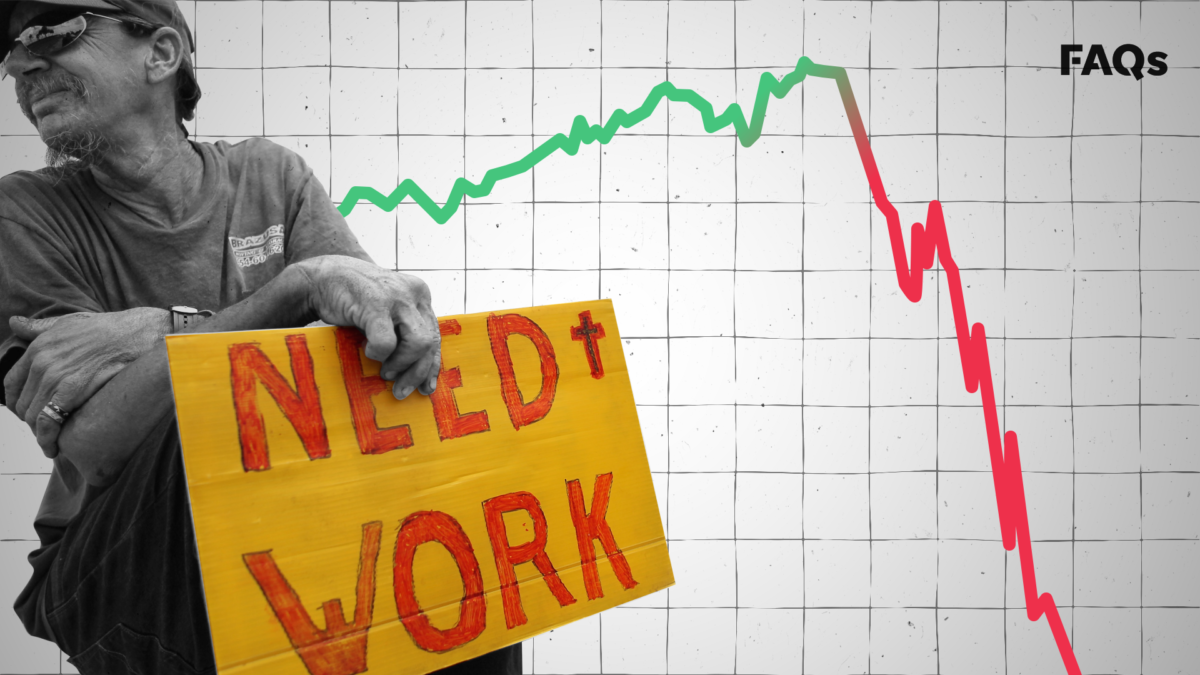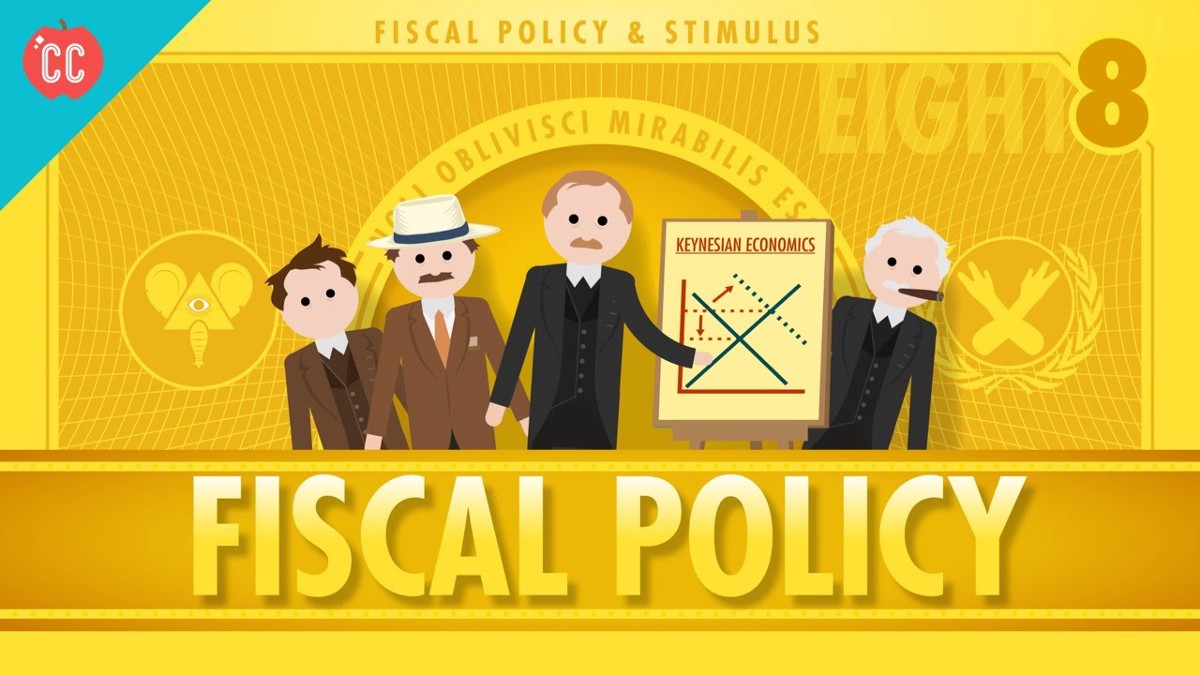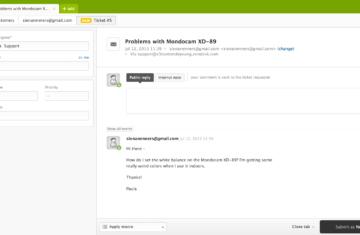A recession is defined as a decline in GDP for two consecutive quarters followed by companies reducing production and laying off workers to cut costs, which leads to an increase in unemployment rates, a decrease in spending and investment levels, and a decrease in demand, which causes a decrease in prices to try to respond to the decrease in aggregate demand, which ultimately leads us to a decrease in GDP. What are the ways to prevent the problem of economic recession?
What are the ways to prevent recession?
To avoid recession, central banks are working to increase aggregate demand, consumer spending, investment, and exports by adopting a set of economic policies. The following is a statement of them:
Expansionary Fiscal Policies
Expansionary fiscal policy is used to try to prevent a decline in economic activity through the government’s control of money spending and taxes. The following is a statement of this:
- Expansionary fiscal policy on taxation
The government reduces the rates of taxes imposed on citizens in order to enable individuals to save excess money instead of paying it as taxes, which encourages consumer spending and investment and thus promotes economic growth.
- Expansionary fiscal policy on spending
The government increases spending on individuals through various public spending methods, such as spending on unemployment allowances, subsidies, etc., to enable individuals to pump excess money into consumer spending and increase investment, and thus enhance the gross domestic product, which leads to strengthening the economy and economic prosperity and preventing recession.
Expansionary Monetary Policy
Central banks use expansionary monetary policy to try to prevent a recession, and the following is a statement of it:
- Expansionary monetary policy for cash reserve requirements
Cash reserve is an amount of money that central banks impose on commercial banks to keep and not be used by commercial banks for the purposes of facing potential risks. Central banks use it as a monetary tool to try to prevent a recession by reducing the imposition of cash reserve ratios on commercial banks to provide more money that commercial banks can lend and provide in the economy, which in turn leads to an increase in the money supply, which contributes to increasing borrowing and consumption, stimulating the economy and enhancing aggregate demand.
- The expansionary monetary policy of open market operations
Open market operations mean that the central bank buys or sells securities, such as bonds, in order to control the money supply in the economy. to contribute to purchasing and increasing consumption and demand, which will eventually lead to economic growth.
- Expansionary monetary policy on interest rates
Central banks cut interest rates as lower interest rates encourage businesses and consumers to spend rather than save, and give consumers more disposable income, which will ultimately boost aggregate demand.
- Helicopter Money
It is an expansionary monetary policy used to increase the money supply of an economy so that it involves printing a lot of money in order to stimulate the economy. The term “helicopter money” is a metaphor for unconventional measures used to stimulate the economy during periods of recession and economic recession.

Ensure financial stability
Banks always strive to ensure financial stability to prevent what happened in the 2008 financial crisis; When there was a risk of depositors losing their bank deposits, they gathered and withdrew their financial deposits from banks, which led to a reduction in the money supply at banks and a major financial crisis that ended in a major economic depression, so central banks resort to ensuring financial stability by guaranteeing bank deposits deposited by customers to maintain the money supply that helps the growth of the economy and strengthen the overall economy.
Remove Regulations
It is what is meant by commercial banks’ commitment to the laws and regulations regulated by central banks that may not be in their interest at times and may hinder their work. For example, these laws may contribute to creating many additional costs for companies and consumers, and by removing these regulatory obstacles, can positively affect the economy by making it easier for companies to hire new employees, which will create a greater incentive for companies to start investing, thus generating economic production and spending more money and boosting the economy, which will prevent a recession.
Read also: What are the functions of the Bank for International Settlements?



